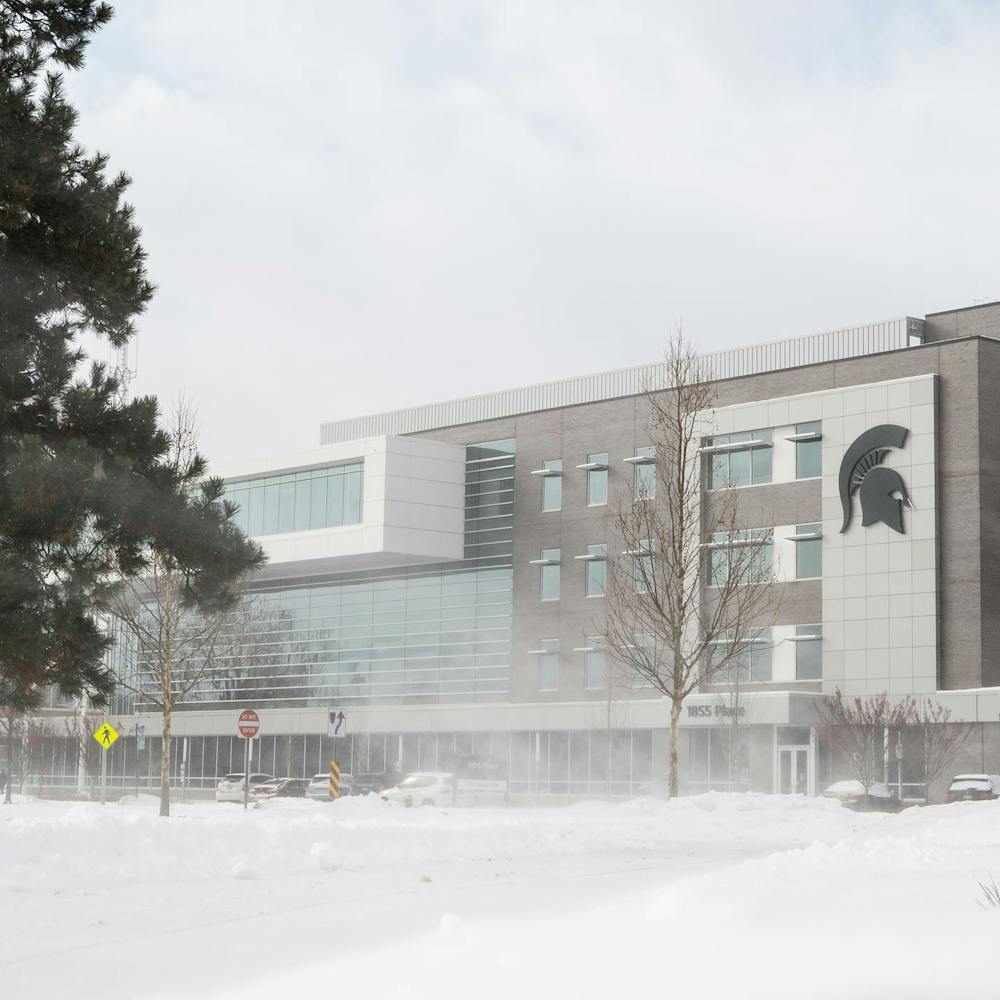Before the semester began, international relations junior Austin Carson didn’t know the slightest thing about the Greater Horn of Africa - much less whether the U.S. government should provide more assistance there.
But after two months of traveling across the U.S. and arguing about the subject with some 200 pounds of notes and research at his side, he’s a little more confident now.
“That’s the beauty of all this,” Carson said. “You’re a certified expert at this stuff by the time you’re done.”
Carson said most members of MSU’s debate team begin at ground zero at the beginning of every year. They’re unfamiliar with the topic to be argued - in this year’s case, whether the United States should provide development assistance to those African countries.
This year, though, they’ve been handed even more of a challenge.
Most of last year’s senior class has graduated, leaving a large group of incoming freshman members. Carson, part of one of the top 10 teams in the country with his partner, social relations sophomore Calum Matheson, is among the oldest of the debaters.
“Even young teams do really well,” he said. “But our younger teams are doing exceptionally well.”
The debate team has won two national championships in the past seven years. This year, though, is a year of rebuilding, some say.
But the team’s doing very well, especially the freshman teams, in tournaments and preseason tournaments at the University of Kentucky and the University of Northern Iowa.
Even though this is her first year at MSU, James Madison freshman Suzanne Sobotka worked at last summer’s camp for high school debaters at MSU, helping them with their speeches and preparing their arguments. Despite pressure put on new members, she said her experience has helped her handle it well.
“It’s still a lot of work, but we’re still getting used to it,” Sobotka said.
Will Repko, head debate coach now in his fifth year of coaching the team, said a normal season will take the team to places like Atlanta, Boston and Washington, D.C.
There can be as many as three weekend tournaments in a one-month period. While the entire team has yet to claim any major championships this year, individual debaters have won several debates.
And despite losing its momentum at its tournament at Harvard University two weeks ago, Repko said the bigger roles some of the more inexperienced debaters were asked to take on have been performed nicely.
“At the beginning, everyone was arguably inexperienced with what we do,” Repko said. “Everyone was in over their heads, but the results have been impressive.”
The results come from hours of research. Most of the team members spend an average of 20 hours per week at the library researching their topics, preparing evidence and getting speeches ready.
Notes are scattered throughout the team’s office and in four stocked file folders. And each two-person team totes about five plastic tubs with research, each weighing about 40 pounds.
The team researches electronically, too, and the members hope all their work will pay off at this weekend’s tournament at North Carolina’s Wake Forest University.
“If we retain a percentage of our people, we can reach a level of success like last year,” Repko said. “Right at the top.”






